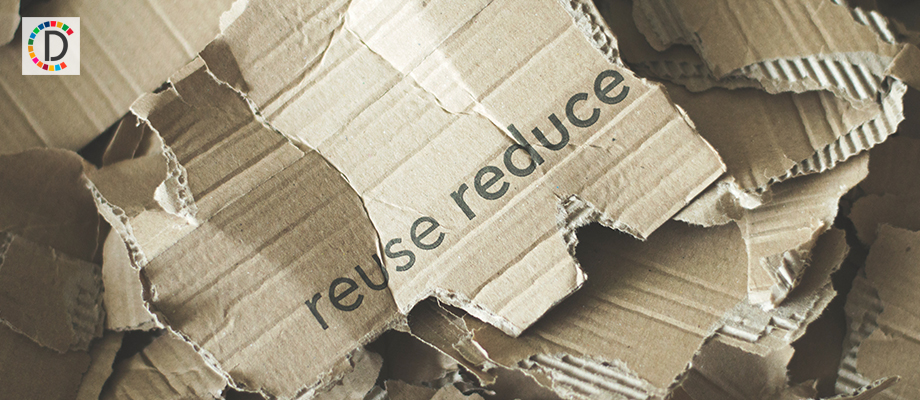REUTERS IMPACT-Head of EU's lending signals joint action plan for COP and giant Ukraine fund

The head of the European Union's powerful lending arm has urged leaders not to backslide on climate targets amid the energy crisis and signalled a joint action plan from the world's top development banks at next month's COP 27 summit and on Ukraine.
Werner Hoyer, president of the European Investment Bank (EIB), said the energy market turmoil caused by Russia's invasion of Ukraine had undoubtedly been a setback for net zero emissions goals, but that the path forward remained unchanged. "We are going to have ahead some very difficult times," Hoyer said in an interview at the Reuters IMPACT conference, highlighting that European and developing world countries alike were now having to deal with the energy crisis.
"We have the alternative on the table and that is an aggressive move towards renewables and an aggressive move towards energy efficiency, and we must not stop that now." Some of the most affected EU countries may take years to wean themselves off Russian oil and gas, but the need also to get through the coming winter would not see the EIB reverse its recent ban on fossil fuel lending.
"Some transition solutions will be necessary, but (for those countries) we are probably not the right address to turn to," Hoyer said, referring to the fact that some governments would like its help funding alternative oil or gas infrastructure. "Many of the things that might be a short term fix would be a big burden on balance sheets," he added, warning those kinds of projects could end up effectively worthless "stranded assets".
Hoyer acknowledged the 65-80 billion euros ($64-79 billion) the EIB invests each year "would never be enough" to address the issues. It is, though, also currently chairing the 12-member Multilateral Development Bank (MDB) group including the likes of the World Bank, the International Monetary Fund and the main Asian and African development banks, which between them have trillions of dollars and euros of firepower.
The next focus of this group is the IMF and World Bank meetings in Washington in a week's time, followed by November's COP 27 climate summit in Egypt, where Hoyer expects a collective approach. "I think on most issues we are already quite united and we will use the opportunities of meetings in Washington over the next weeks in order to come up with a common offer," he said.
"I cannot go into details or figures, but it is crystal clear that we must radiate our conviction that climate action is now more necessary than ever." MOVE QUICKLY
Providing support to Ukraine will also be a key issue at the Washington meetings. The EIB made 700 million euros immediately available to Ukraine when the war started and has another 1.6 billion euros coming. But Hoyer has previously estimated the rebuild costs will run into the trillions.
"Now we are going for bigger solutions for reconstruction efforts," Hoyer said, adding the idea was now for a joint fund that countries, MDBs and donors could pay into. "I hope it will go quickly because it must be realised that we cannot wait," he said. "We need to make sure that Ukraine is beginning its construction efforts now not only after a ceasefire or a peace settlement."
Over the last five years, Hoyer has also spearheaded a new EIB offshoot known as EIB Global, which focuses solely on lending to countries outside the EU. The bank has always tended to lend around 10% of its annual spend in countries from Africa to Latin America, but Hoyer hopes the new set-up will become more prominent as an EU foreign policy tool following Russia's invasion of Ukraine.
"I think the European Union must be active outside its borders, more and more visible and credibly," he said. Russia is still a shareholder of some other top MDBs and Hoyer warned that some parts of the developing world did not accept the West's narrative that Russia is to blame for the war and the subsequent surge in energy and food prices.
"They say you are to be blamed for our sufferings because of your war against Russia in Ukraine," Hoyer said. "This is a very delicate situation where the European Union must show more engagement and more presence, for instance, in Africa but also in other parts of the Global South."
---- To view a livestream of Reuters Impact, please click here:
($1 = 1.0132 euros)
(This story has not been edited by Devdiscourse staff and is auto-generated from a syndicated feed.)
ALSO READ
Australian-Russian Couple Arrested on Espionage Charges Amid Rising Security Concerns
Parimatch Partners with Argentine Football Association for Asian Market Expansion
Australia Arrests Russian-Born Couple on Espionage Charges
Russian Rouble Faces Minor Decline Amidst Sanctions and Low Trading Volumes
Ukrainian Air Force Thwarts Russian Missile and Drone Attack










